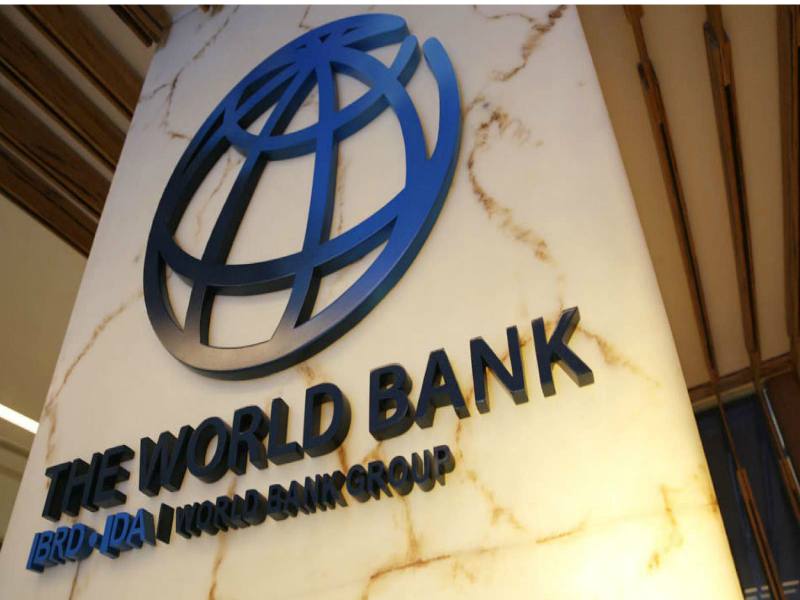
Nigeria is set to receive a fresh $632 million loan from the World Bank, despite growing concerns over its rising debt profile.
- Nigeria is set to receive a $632 million loan from the World Bank for economic reforms and development projects
- The loan is aimed at supporting projects such as Accelerating Nutrition Results and HOPE for Quality Basic Education for All
- Concerns have been raised about Nigeria’s growing reliance on external loans and its impact on debt sustainability and transparency
The $632 million World Bank loan, aimed at supporting economic reforms and development projects, comes at a time when Nigeria faces fiscal challenges, including high inflation, dwindling revenue, and a weakening currency.
The loans, expected to be approved soonest, include $80 million for the Accelerating Nutrition Results in Nigeria 2.0 project and $552 million for the HOPE for Quality Basic Education for All program.
DON’T MISS THIS: African countries with the highest debt to the World Bank’s IDA
This follows a recent $500 million loan approved for economic resilience initiatives.
The loans are the first installment of a broader $2.2 billion financing package that Nigeria is set to secure from the World Bank in 2025.
These funds will be allocated across six major projects aimed at strengthening digital infrastructure, healthcare, education, nutrition, and community resilience
However, Nigeria’s growing reliance on external loans raises concerns about debt sustainability and transparency
While the Nigerian government argues that the funds will help drive economic recovery and social programs, critics warn that additional borrowing could worsen the country’s debt sustainability issues.

The move highlights the ongoing debate over Nigeria’s fiscal strategy and its ability to balance economic growth with financial stability.
Nigeria’s current debt profile
Since President Bola Tinubu’s administration came on board, the World Bank has approved around 11 loan projects for Nigeria, totaling $7.45 billion in less than two years.
As of the third quarter of 2024, the World Bank’s share of Nigeria’s external debt stood at $17.32 billion, according to data from the Debt Management Office.
As of FY2024, Nigeria’s debt to the World Bank’s International Development Association (IDA) stands at $16.5 billion, making it the largest debtor in Africa and the third-largest globally, according to the Bank’s financial statement.
The country’s total public debt has continued to grow, fueled by a mix of external borrowing, budget deficits, and currency depreciation
Nigeria’s debt profile has continued to surge in 2025, driven by a combination of increased borrowing costs, naira depreciation, and persistent fiscal challenges.
As of September 30, 2024, Nigeria’s public debt profile surged to N142 trillion.
This represented an increase of N8.02 trillion, driven primarily by the naira’s depreciation, which significantly impacted the country’s external debt obligations.
The Debt Management Office (DMO) reported a 5.97% increase from N134.3 trillion in the second quarter of 2024.
The debt comprised both external and domestic obligations, with the exchange rate depreciation substantially affecting external borrowings when converted to naira terms
With Nigeria’s foreign reserves under pressure and the naira weakening, the cost of servicing external debt has increased significantly.
DON’T MISS THIS: Top 10 African countries with the lowest debt to the IMF in March 2025
As more revenue is allocated to debt repayment, there is less funding for critical sectors such as education, healthcare, and infrastructure
The growing debt burden could slow economic growth by reducing government spending on development projects.
Private sector activity may also be affected, leading to higher unemployment and business closures. If the government continues relying on borrowing without increasing revenue generation, the economy risks stagnation












